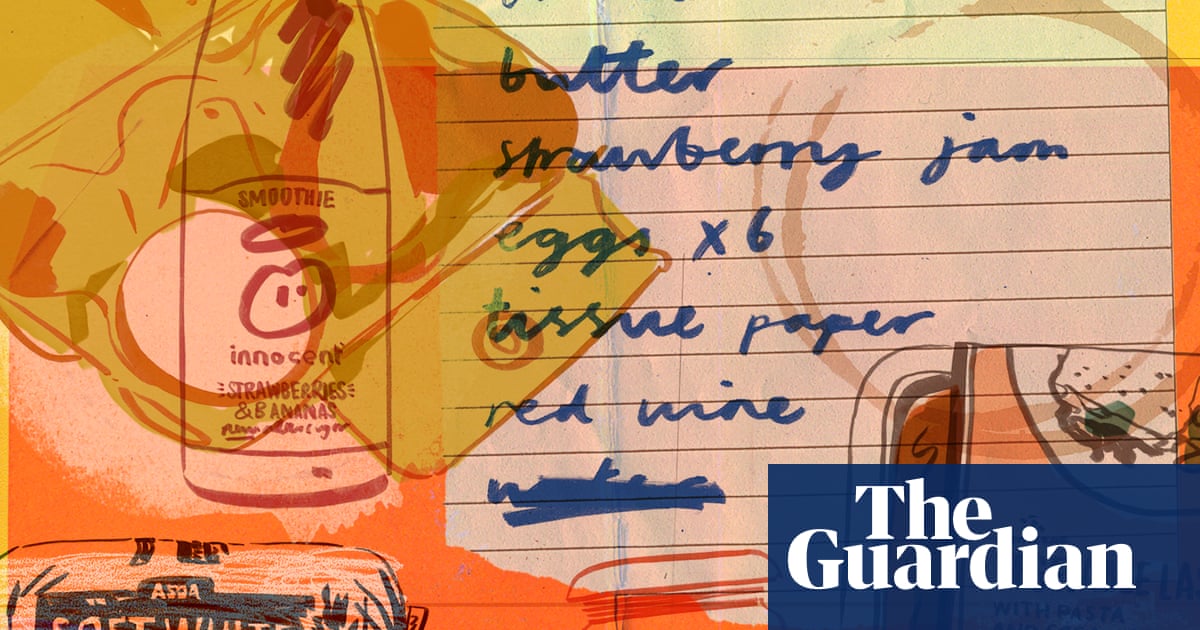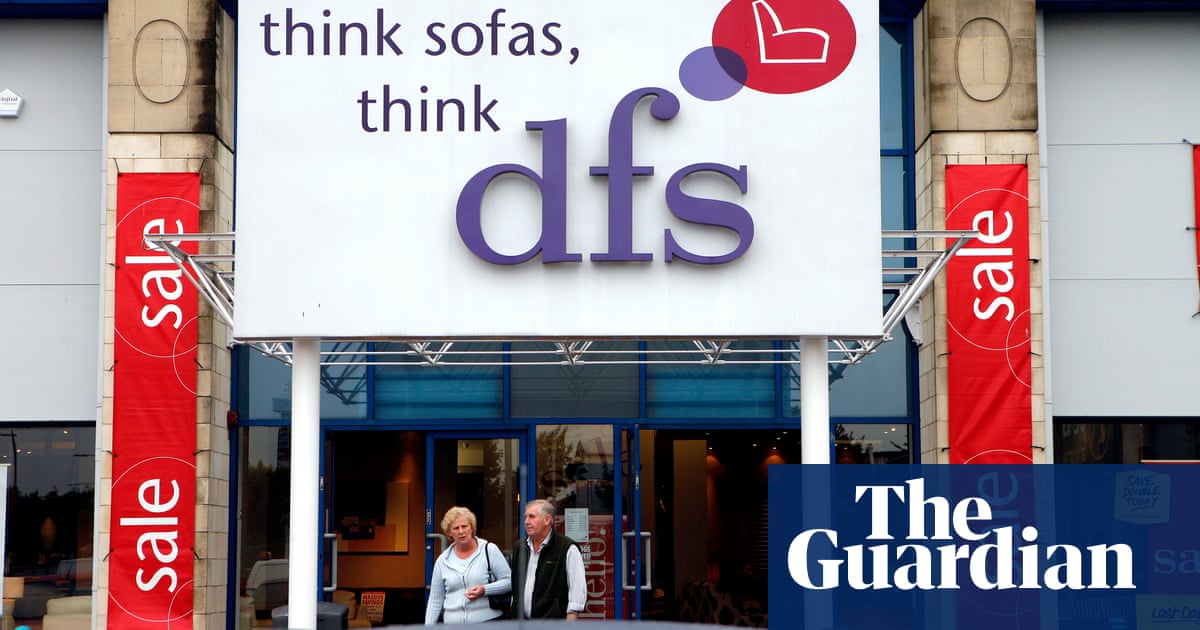
Lowering food tariffs will not solve the cost of living crisis and it would be “misleading” to suggest as much to consumers, the president of the farmers’ union said after reports ministers were considering slashing import taxes.
Minette Batters, the president of the National Farmers’ Union (NFU), which represents the interests of 55,000 food producers in England and Wales, said lowering the tariff wall for imported foods “does not even begin to deal with the problem” of soaring grocery prices.
The cabinet is debating whether to lower tariffs on foods such as oranges and rice, which are difficult to produce in the UK, as a way of bringing prices down.
Ministers including Boris Johnson are pushing to slash import tariffs, the Sun reported on Monday, as a way to help families manage rocketing inflation.
Prices of food and non-alcoholic drinks rose by 5.9% in the year to mid-March, according to official figures from the Office for National Statistics (ONS).
However, other cabinet members including the international trade secretary, Anne-Marie Trevelyan, are thought to oppose such plans, believing the UK’s decision to unilaterally cut tariffs would disadvantage it when negotiating post-Brexit trade deals.
“We have got the third most affordable food here in the world and with the retail price war that’s going on we have probably got the most affordable,” Batters told journalists, adding that she did not believe lower food prices would be sustainable.
The conflict in Ukraine – a key producer of wheat and sunflower oil – is fuelling fears about worldwide food shortages.
Batters said: “It is about making sure that everybody keeps producing what they are good at so we don’t drive shortages in availability, as that will just drive further inflation.
“Just lowering the tariff wall does not even begin to deal with the problem. It is a very complex problem that needs long-term strategy put in place to deal with the short-, medium- and long-term.
“It is misleading to consumers to just think ‘lower the tariff wall’ and that sorts the issue.”
Batters was speaking as the NFU outlined its plans to increase the UK’s agri-food exports by 30% by 2030, to bring the total value to more than £30bn, by finding ways for farmers to sell their produce to more overseas markets.
The NFU is calling on government to work “in partnership” with food producers to target new export markets as ministers tour the world negotiating free trade deals, highlighting how the industry works with ministers in other countries such as Australia, where farmers are included in trade missions.
Batters has previously criticised the government’s “adversarial” approach when dealing with farmers, and accused ministers of using food producers as a “pawn” in post-Brexit trade deals with large food-producing nations Australia and New Zealand.
Farmers have raised concerns that free trade agreements could lead to a surge in cheaply produced imports flooding the UK market, leaving them unable to compete.












